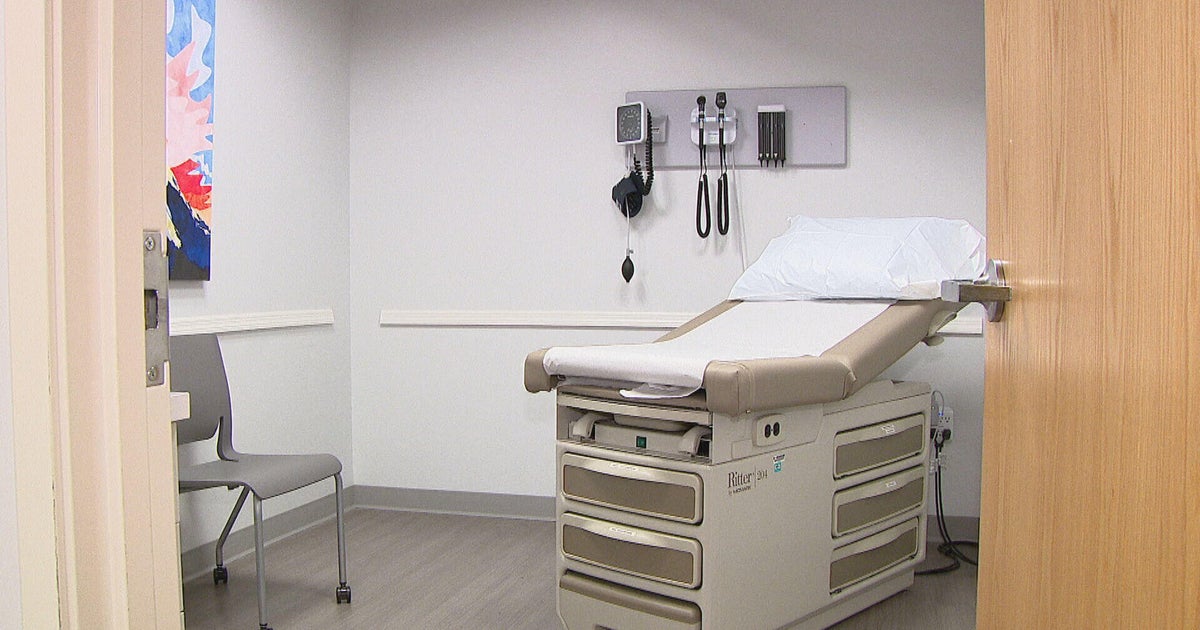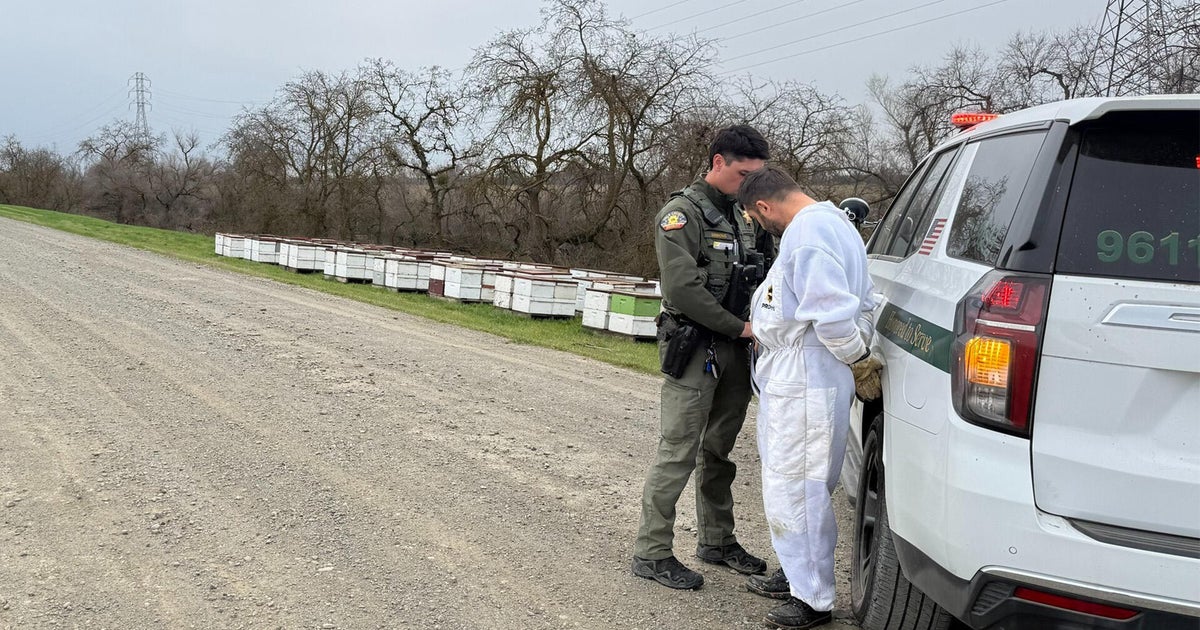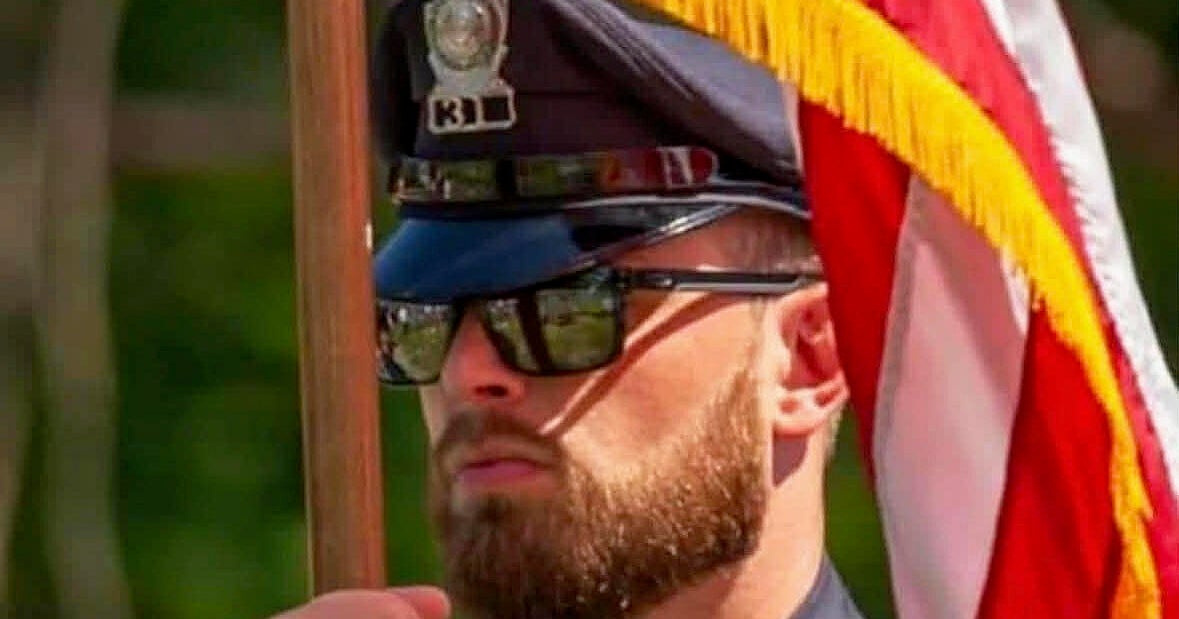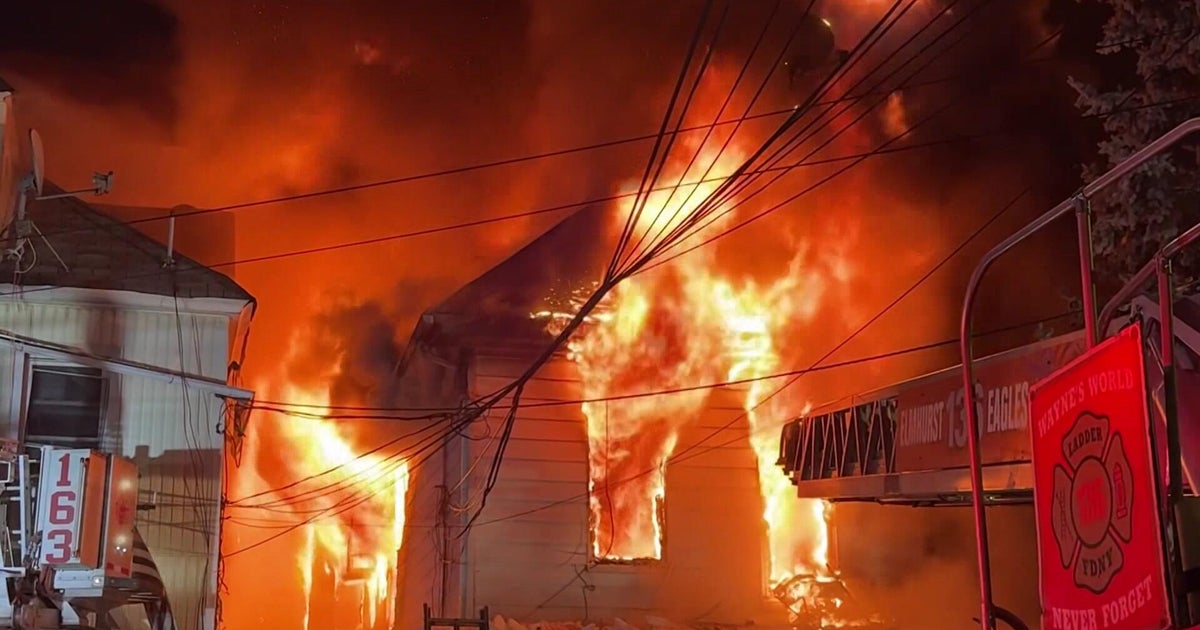The Baltimore Station Doing Its Part To Help Those Recovering From Opioid Addiction
BALTIMORE (WJZ) -- Organizations across Baltimore are trying to shoulder some of the responsibility to stop the epidemic.
Here are the stories of two men in two separate stages of drug addiction, and how a non-profit called The Baltimore Station is trying to help.
The effects of Baltimore's drug epidemic are present at all hours.
A visual cue could trigger a relapse for recovering addicts.
That's what happened to Michael Rosenthal.
"I bought some drugs from someone which I thought was supposed to be heroin, but come to find out, when I woke up in the ICU at Johns Hopkins, come to find out there was fentanyl in my system," Rosenthal said.
He woke up a different man.
"The muscles died because the circulation cut off," he said. "They tried to save my leg at first, but it was beyond saving, so they had to amputate."
RELATED: Opioid Epidemic Ravaging Lives Across America, Maryland
Each year, the Baltimore Station provides housing and drug addiction counseling for hundreds of men like Rosenthal.
And there's one man who's going out onto the streets in search for addicts.
That man, James Hardy, says his personal story prepared him for this role.
"I started using marijuana back in '72, and it manifested from marijuana, to drinking, to pills," Hardy said.
In less than 40 minutes out on the street, Hardy spotted a man who says he's currently hooked on synthetic marijuana, a chemically-altered substance that could lead to death.
"Can I pull over and talk to you?," Hardy asked the man.
Hardy's task is now to rescue the 28-year-old man before his drug addiction leads him down the same path.
[REPORTER: "How often are you using?"]
"Every day," the man said.
[REPORTER: "What's your worse fear?"]
"Dying," he said. "I don't want my mother burying me, or my sisters burying me."
"We gonna do something about it to help you," Hardy said. "You got my word on that."
A young man's desire for change may save his life.
[REPORTER: "Is this kind of a last resort for a lot of people?"]
"It is. When men come to out program, they've usually hit rock bottom, and like I said, they've really burned a lot of their bridges, but do realize they want to get into a program that is going to get them the help that they need," said Kim Callari, with The Baltimore Station.
Follow @WJZ on Twitter and like WJZ-TV | CBS Baltimore on Facebook







